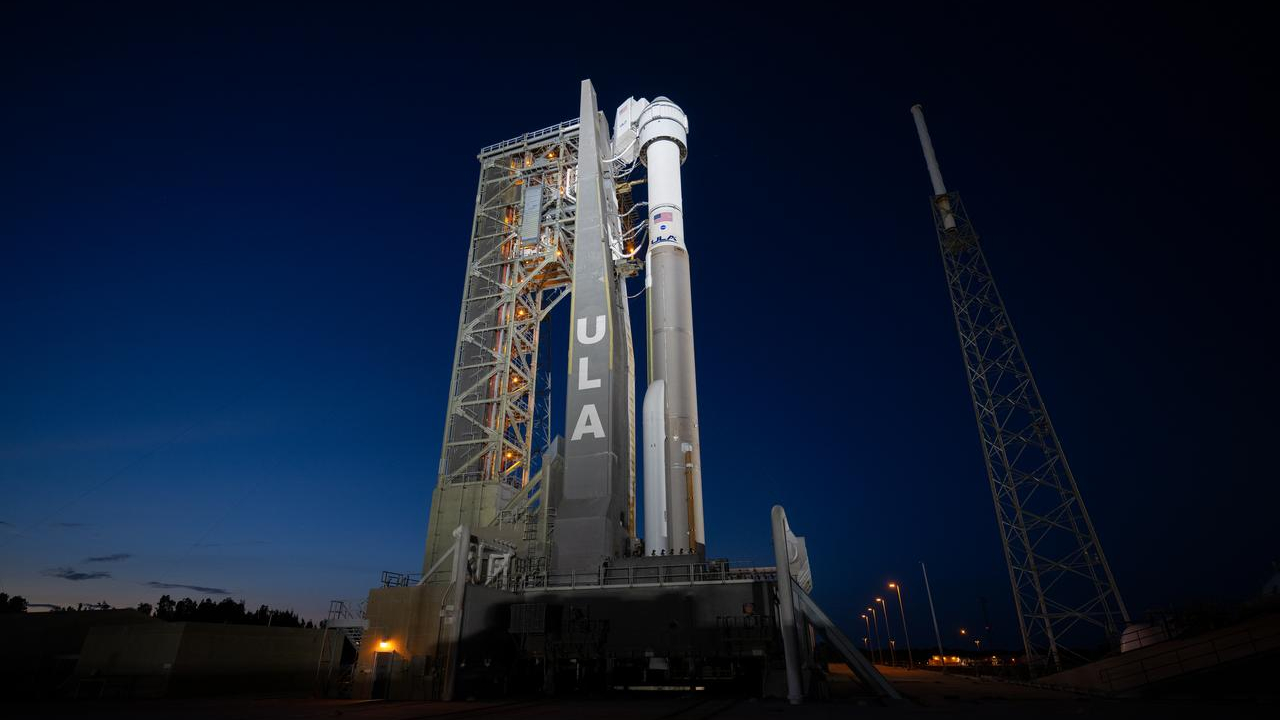
The first-ever crewed launch of Boeing's Starliner capsule has been delayed an additional week, thanks to a "buzzing" valve on its rocket ride.
That launch, which will kick off a mission known as Crew Flight Test (CFT), was originally supposed to take place Monday night (May 6) from Florida's Cape Canaveral Space Force Station atop a United Launch Alliance (ULA) Atlas V rocket.
The launch team called that attempt off about two hours before the planned liftoff, however, after noticing that an oxygen relief valve in the Atlas V's Centaur upper stage was "buzzing" — opening and closing very rapidly. ULA, Boeing and NASA initially pushed CFT's liftoff back to no earlier than Friday (May 10), but that's no longer the plan.
ULA has decided to replace the valve, which will require rolling the Starliner-Atlas V stack off the launch pad and back to an assembly building. As as result, CFT's launch is now targeted for no earlier than May 17, NASA announced in an update on Tuesday (May 7).
A May 17 launch, should it go forward, would occur at 6:16 p.m. EDT (2216 GMT). Whenever Starliner flies, you can watch the action live here at Space.com.
Related: Boeing Starliner 1st astronaut flight: Live updates
CFT will send NASA astronauts Butch Wilmore and Suni Williams to the International Space Station (ISS) for a roughly eight-day stay. CFT is a shakeout cruise designed to show that Starliner is ready to fly operational, six-month crewed missions to the orbiting lab.
After Wilmore and Williams disembarked from Starliner on Monday evening and headed back to their crew quarters at nearby Kennedy Space Center, ULA teams began testing and analyzing the troublesome valve.
Technicians "successfully commanded the valve closed, and the oscillations were temporarily dampened," NASA officials wrote in Tuesday's update.
"The oscillations then re-occurred twice during fuel removal operations," they added. "After evaluating the valve history, data signatures from the launch attempt, and assessing the risks relative to continued use, the ULA team determined the valve exceeded its qualification, and mission managers agreed to remove and replace the valve."
Boeing developed Starliner under a $4.2 billion contract awarded by NASA's Commercial Crew Program in 2014. SpaceX got a similar deal worth $2.6 billion at the same time for work on its Dragon capsule.
SpaceX flew its version of CFT, a two-astronaut test flight called Demo-2, back in 2020. The company has completed seven long-term astronaut missions to the ISS for NASA and is in the middle of its eighth, which is known, appropriately enough, as Crew-8.







